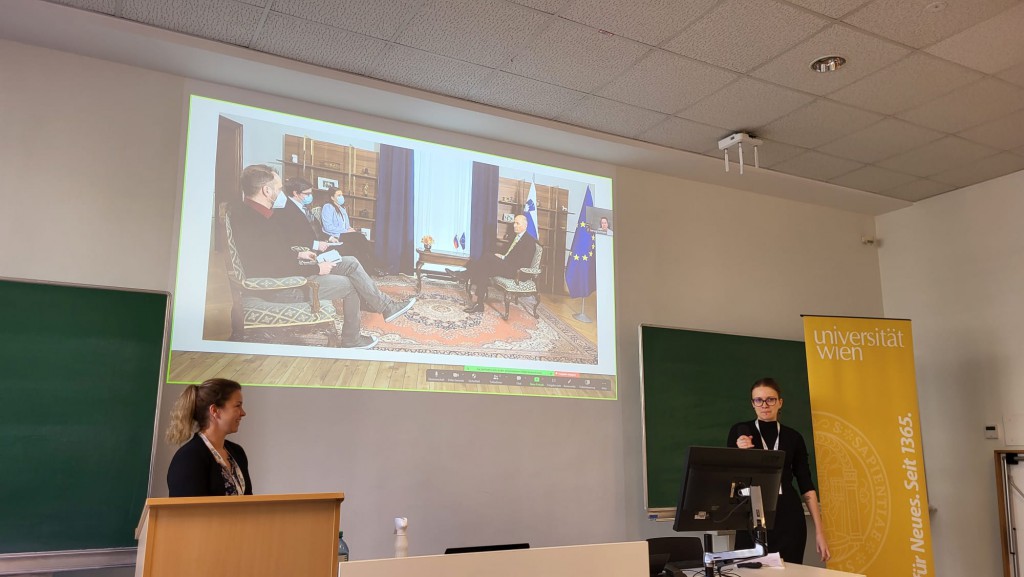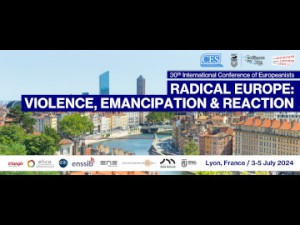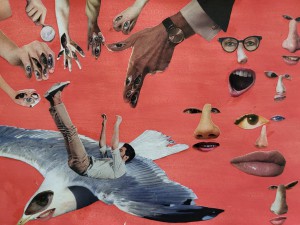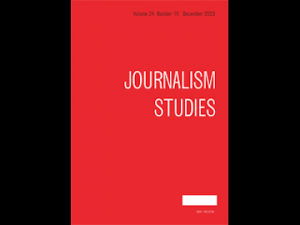POPBACK in Vienna: final conference of NORFACE-funded projects
26. 2. 2024 | Politics
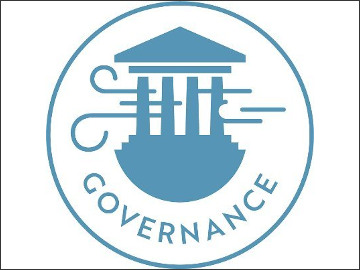
From 14 to 16 February the final NORFACE conference took place at the University of Vienna, where researchers presented the results of 14 international research projects, including the POPBACK project, which ends in February. The key findings of democratic backsliding in Europe were presented in six conference papers, and Helena Boto held her performance The Conservatory of Populism to the assembled participants.
Researchers from The Peace Institute presented key findings of Work Package 3 (WP3), which focused on the relationship between populism and the media at different levels of the social structure.
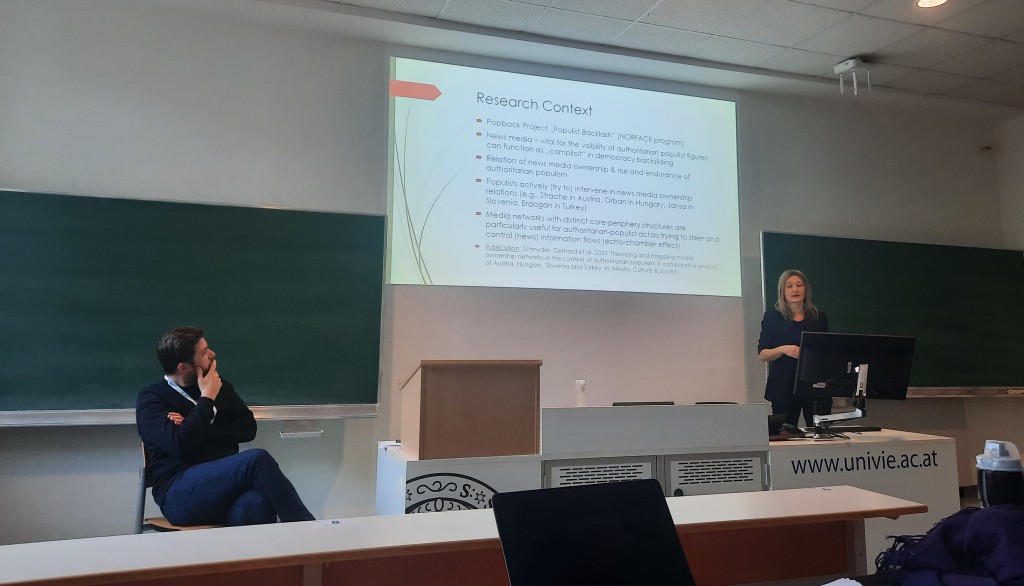
Mojca Pajnik, together with Burçe Çelik, presented the paper Structural Masculinism and Women’s Media Ownership in the Context of Authoritarian Populism: A Feminist Political Economy of Communication Perspective, which uses the concept of structural masculinism and the feminist political economy of communication perspective to reveal that Austria, Slovenia and Turkey have an extremely low proportion of women who are active media owners. The article shows that the under-representation of women, together with the concentration of ownership, the clientelistic-masculinist links between politics and the media, and the dominance of patriarchal family business models in media markets, creates fertile ground for the influence and control of the media by authoritarian populists.
In the following presentation, Varieties of information control and media instrumentalization in populist and authoritarian political regimes of Central-Eastern Europe, Marko Ribać presented findings on key media transformations based on in-depth interviews with experienced professional journalists and editors in the countries analysed.The presentation presents two broad analytical findings concerning the emergence of authoritarian-populist resistance in the Central and Eastern European countries: The first analyses, in a comparative historical perspective, how political and economic control over the media has been exercised in three post-socialist contexts (Croatia, Hungary, Slovenia); the second describes in more detail how multiple political, economic and technological forms of information control are exercised and maintained in different journalistic fields when authoritarian-populist leaders and political parties take power (Austria, Hungary, Slovenia and Turkey).
Finally, Tjaša Turnšek, together with Fanni Toth, presented the preliminary results of the research Truths, lies and fears: a comparative analysis of authoritarian populist discourse on the Russo-Ukrainian War, which focuses on the (re)production of populist discourses and themes developing in the context of the Russo-Ukrainian War by populist leaders in Austria, Slovenia, Turkey, Croatia and Hungary. The paper analyses television interviews with politicians broadcasted on public and private stations and compares them with the communication practices of politicians on social media such as Facebook and Twitter.The authors are particularly interested in how populist discourse is (re)produced in the context of »media hybridization«, examining how authoritarian populists use traditional and new media to (re)produce »politics of fear«, »exclusionary discourse« and »populist truth«.’ The first results show that populist leaders (re)produce affective discourse and rhetoric in order to set their own (national) political agenda, frame or exacerbate crises and popularise their own political communication in the context of the Russia-Ukraine war.
